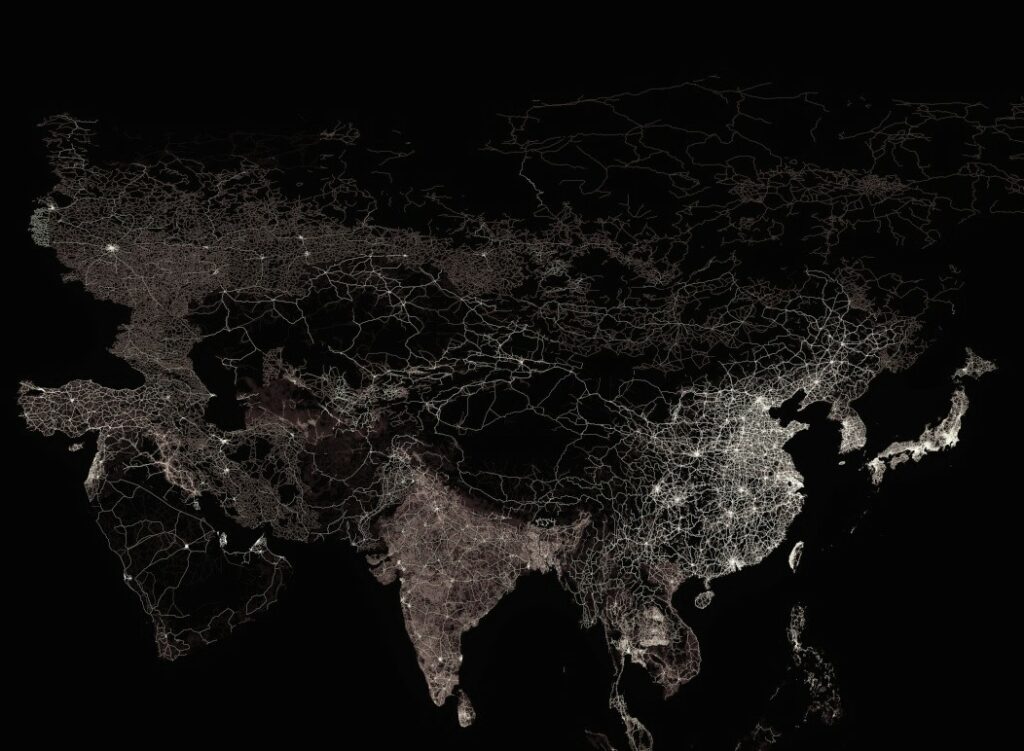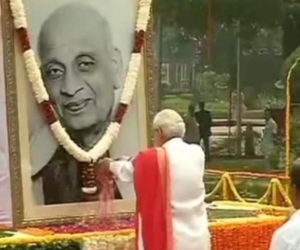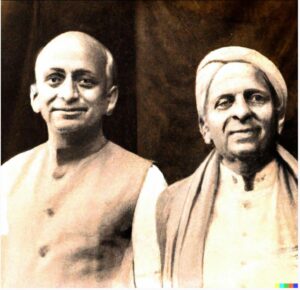
In the digital landscape, the rapid spread of information on social media has become an undeniable reality. However, the unchecked flow of this information can sometimes lead to the propagation of misinformation, as illustrated by a recent case involving the rankings of the world’s largest road networks.
A Business Insider article[1] and a Wikipedia entry[2], both positioned India as having the world’s second-largest road network, superseding China, despite metrics that suggested otherwise. Interestingly, this assertion appears to have been started by multiple tweets, particularly from accounts associated with the ruling BJP party in India @Bhagyanagar4BJP, @BeingHindu12, @Samal_Happy, @LPradeepRao, and many more.
Upon closer inspection, it was noticed that Wikipedia’s ranking of India as the second-largest in road networks did not align with the metrics provided on the very same page. While the total length of India’s road network was lower than China’s, it was inexplicably ranked higher.
The tweets and subsequent article make sweeping statements based on unconfirmed data sources, while also missing important details. Among these details are the proportion of paved to unpaved roads and the length of controlled-access highways, all critical metrics when evaluating the effectiveness and quality of a country’s road infrastructure.
For instance, India’s road network, reported to be around 6.37 million kilometers in 2023, includes a considerable 30%, or about 1.93 million kilometers, categorized as unpaved[2]. In contrast, only 5% of China’s 6.7 million kilometers of roads (as per 2020 data) are unpaved.
When considering controlled-access highways, which cater to high-speed vehicular traffic, India has just 4,067 kilometers, accounting for a mere 0.1% of its total network. In comparison, China has about 161,000 kilometers or a substantial 3.1% of its total road network.
Despite these statistics, the narrative that India has the world’s second-largest road network was circulated by the Twitter accounts and subsequently picked up by the Business Insider article.
This sequence of events underscores the influence of social media on shaping narratives and public perception, and the subsequent risk of misinformation if these narratives are not fact-checked or cross-verified.
The recent update on Wikipedia, which places India as having the second-largest road network globally, despite contradictory metrics, further highlights the importance of data accuracy and integrity in presenting factual information[2].
Reliable data sources, such as the Global Roads Inventory Project (GRIP)[3], are invaluable for providing comprehensive, verified, and nuanced perspectives. They serve as reminders of the essential need for careful fact-checking, especially in an era where social media can both inform and misinform with equal potency.
References:




